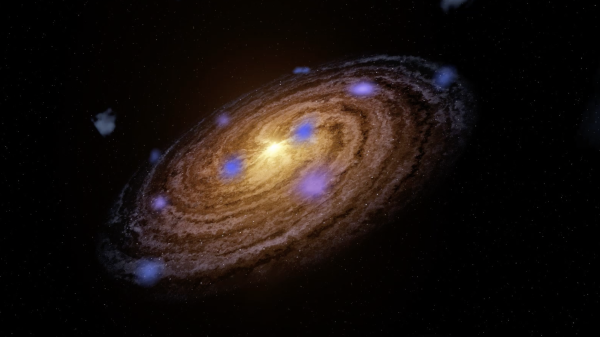Outstanding Doctoral Mentors named for 2015-2016

The ASU Outstanding Doctoral Mentors for 2015-2016 are (from left) Donald Fixico, Paul Westerhoff and Margaret Schmidt.
An eminent scientist and engineer with transdisciplinary expertise in sustainability, an award-winning musician, and a distinguished history professor of the American West and tribal communities have been named the Outstanding Doctoral Mentors of 2015-2016 by Arizona State University Graduate Education.
A talented mentor can be critical to a doctoral student’s success, guiding them through the rigors of researching and publishing, dissertations and grant proposals, as well as professional independence and success in their future careers.
“These three extraordinary professors with excellence in widely varying fields exemplify the commitment and caring of great mentors,” says Andrew Webber, interim dean for Graduate Education. “In addition, they also maintain a daunting schedule that includes teaching, professional memberships and service, speaking engagements and research.”
The mentors are:
Donald L. Fixico, Distinguished Foundation Professor of History
School of Historical, Philosophical and Religious Studies, College of Liberal Arts and Sciences
Donald Fixico has mentored two dozen ASU doctoral students and advised numerous master’s students and junior faculty members since he arrived in 2004. As a Distinguished Foundation Professor of History, his work focuses on American Indians, oral history and the American West.
“I have never met such an effective and successful mentor as Professor Fixico,” says Farina King, a doctoral candidate in U.S. history. “I wouldn’t have come to ASU for my graduate studies if not for Professor Fixico’s outreach and efforts.”
Fixico has published 13 books and worked on nearly 20 historical film documentaries, in addition to publishing journal articles, papers and book chapters. Former President Clinton appointed him to the Advisory Council of the National Endowment for the Humanities in 2000. In addition to professional presentations, lectures and keynote speeches around the world, he works in an advisory and mentoring capacity with tribal communities, museums and indigenous organizations.
Learn more about his nomination.
Margaret Schmidt, assistant director, professor, School of Music
Herberger Institute for Design and the Arts
An accomplished musician and specialist in string education, Margaret Schmidt focuses on how to best prepare and educate preservice and beginning teachers, and teachers in underserved schools. In addition to serving on doctoral dissertation committees, she also guides research projects, teaches interns, and serves as an advisor to K-12 classes and their teachers.
“As a first-generation African American female, my success as a doctoral candidate is largely due to Dr. Margaret Schmidt’s guidance, commitment, selflessness and compassion as a professor, mentor and colleague,” says Joyce McCall, a doctoral candidate in the School of Music.
Schmidt has published articles in leading education journals and is a frequent presenter at national and international conferences. She is founder and director of the ASU String Project, which won the Robert Jesselson String Project Consortium Award for the nation’s outstanding string project. The ASU String Project serves more than 180 area children each semester, taught by approximately 20 ASU student teachers.
Learn more about her nomination.
Paul Westerhoff, senior adviser to the provost for engineering and science
School of Sustainable Engineering and the Built Environment, Ira A. Fulton Schools of Engineering
As founding director for the School of Sustainable Engineering and the Built Environment and vice provost for Academic Research Programming, Paul Westerhoff has received wide recognition for his work related to water treatment and developing novel treatment technologies to address emerging water issues.
With a strong publication and research record, Professor Westerhoff not only provides transdisciplinary training to his mentees, he also attracts numerous grants to fund ASU research.
“Where Dr. Westerhoff truly shines as an outstanding mentor is how he enables his graduate students to excel during their studies,” says Mac Gifford, a doctoral candidate in the Fulton Schools of Engineering. “Students are given opportunity for professional development and to make a global impact while at ASU through research experience, student awards and grant funding, and publication.”
Westerhoff serves as an advisor on numerous committees for organizations such as the U.S. Environmental Protection Agency Science Advisory Board (SAB) – Environmental Engineering Committee, and has received several research awards.
More Science and technology

Cosmic clues: Metal-poor regions unveil potential method for galaxy growth
For decades, astronomers have analyzed data from space and ground telescopes to learn more about galaxies in the universe.…

Indigenous geneticists build unprecedented research community at ASU
When Krystal Tsosie (Diné) was an undergraduate at Arizona State University, there were no Indigenous faculty she could look to…

Pioneering professor of cultural evolution pens essays for leading academic journals
When Robert Boyd wrote his 1985 book “Culture and the Evolutionary Process,” cultural evolution was not considered a true…